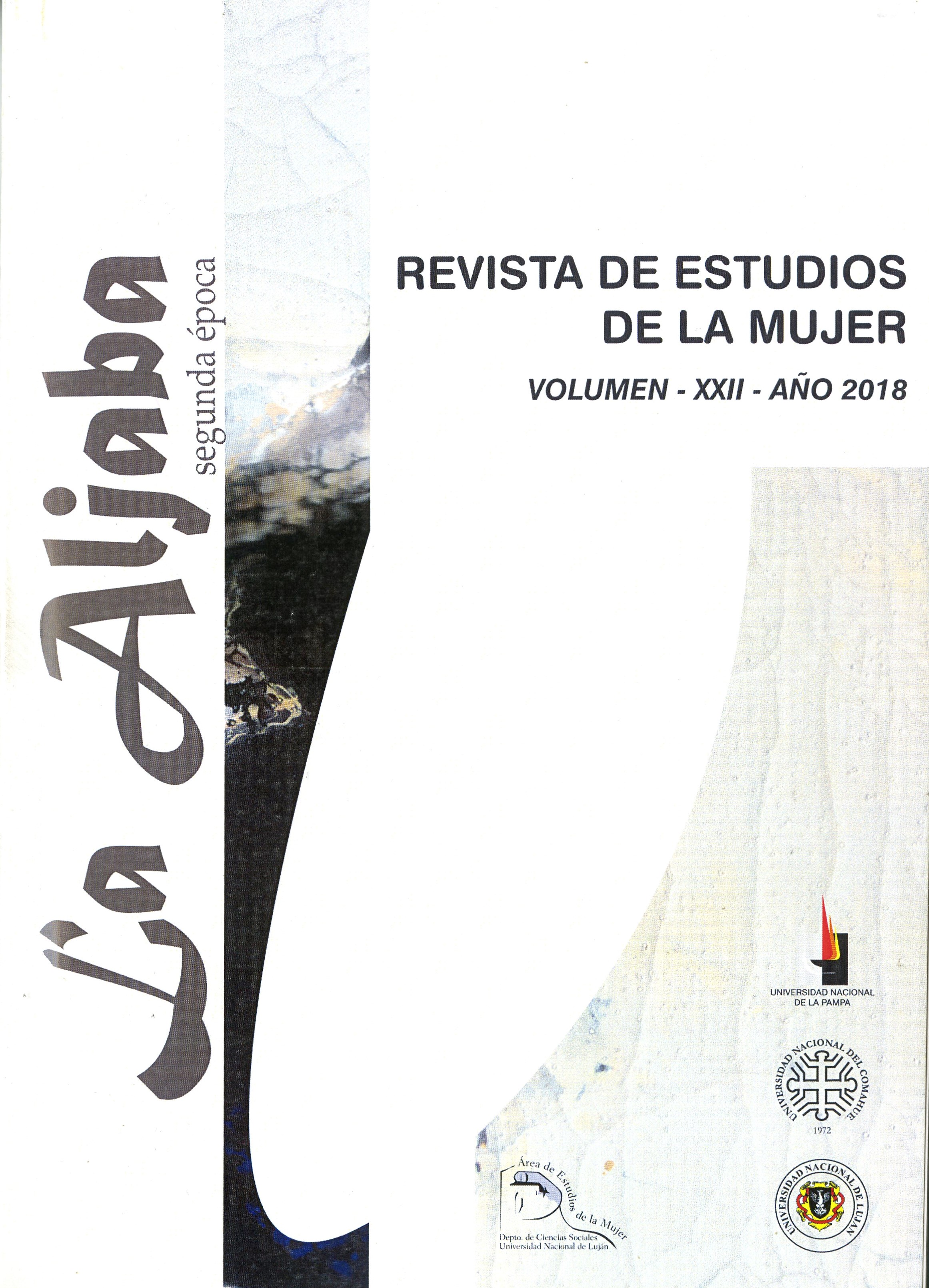Gender, medicalization and power. Feminization in the medical profession because the proletarianization profession
Keywords:
gender, doctors, class, human resources, workersAbstract
Medical knowledge is for men, other knowledge about health, as biochemistry or nursing can oversee women. This affirmation of common sense is constantly contradicted by the statistics that show that the medical profession is currently exerted mostly by women. We talk about doctors, men, and nurses, women. The association between medical knowledge and power, imposed hegemonically in the nineteenth century, became part of the common sense culturally transmitted and maintains its validity. In a capitalist society, dominated by the market even in the innermost aspects of private life, health, as an ethical value, gave way to health as a mercantile value.
We seek to investigate the social conditions of production and correlate the displacement of the medical profession of males towards women with displacement from a high bourgeoisie oligarchic towards a proletariat.
From the nineteenth century until today, the medical profession step of being exerted by males and some few women of the dominant elite to be the profession of the middle class accommodated in the first half of the XX until being exerted by professionals who work in piece; at the beginning of the 21st century. We attribute a strong correlation of this gender displacement to class displacement and today the prevalence of women is greater than of males and to differential parenting conditions between boys and girls.
Downloads
References
De Beauvoir Simone 1972 (1949) El Segundo Sexo. Madrid. Aguilar.
Foucault Michel, 2002. Historia de la locura en la época clásica. Tomo I, México, Fondo de Cultura Económica,
Hall, J. Rupert. 1985. La revolución Científica 1500-1750. Barcelona. Crítica
Jodelet, Denise 1986. La representación social: fenómenos, concepto y teoría. En: Moscovici, Serge. (comp.). Psicología social II. Pensamiento y vida social. Psicología social y problemas sociales. Barcelona: Paidós.
Maquiavelo, Nicolás "El Príncipe", 1993, prólogo y notas de Luce Fabbri. Edición bilingüe: italiano - Castellano. Montevideo, Editorial Nordan – Comunidad.
Margulis, Mario. 1996. La juventud es más que una palabra: ensayos sobre cultura y juventud. Buenos Aires. Biblos.
Mayr, Ernest. 1998. Así es la biología. Debate. España
Moreno Cruz L: 2015. https: www.academia.edu – 16308624 – diferencias morfológicas entre el cerebro masculino y el femenino.
NORDAU, Max (1895). Degeneration. New York. Appleton.
Palermo Hernán, 2017. La producción de la masculinidad en el trabajo petrolero. Buenos Aires. Biblios.
Posadas Velázquez Ruslan. 2013. La práctica médica como dominio de saber. http://www.voltairenet.org/article178230.html
Romero, Luis Alberto. 1994. Breve historia contemporánea argentina. Buenos Aires. FCE.
Sampayo, Horacio (Coord.) 2013. Inclusión y exclusión en salud: una mirada antropológica. Neuquén. Educo.
Sampayo, Horacio. 2005. La ciencia como fenómeno burgués. Neuquén. Pedco.
Sampayo, Horacio. 2010 Sistema de salud, estado y sociedad en el SXX. Neuquén. Pedco.
Sánchez Florencio, 1974 (1903) M´hijo el dotor. Buenos Aires. Kapelusz.
Sánchez Norma I, Sergio Provenzano y Federico Pérgola. 2015. Las primeras mujeres de la medicina universitaria argentina 1889-1950. Editorial Alfredo Buzzi.
Stolen Kriste Anne, 2004. La decencia de la desigualdad. Buenos Aires. Antropofagia.
Testa Mario. 2000 Pensar en salud. Buenos Aires. Lugar editorial.
Weininger, Otto: 1945. Sexo y Carácter. (Trad. Francisco Romero) Buenos Aires. Losada.


















4.jpg)




